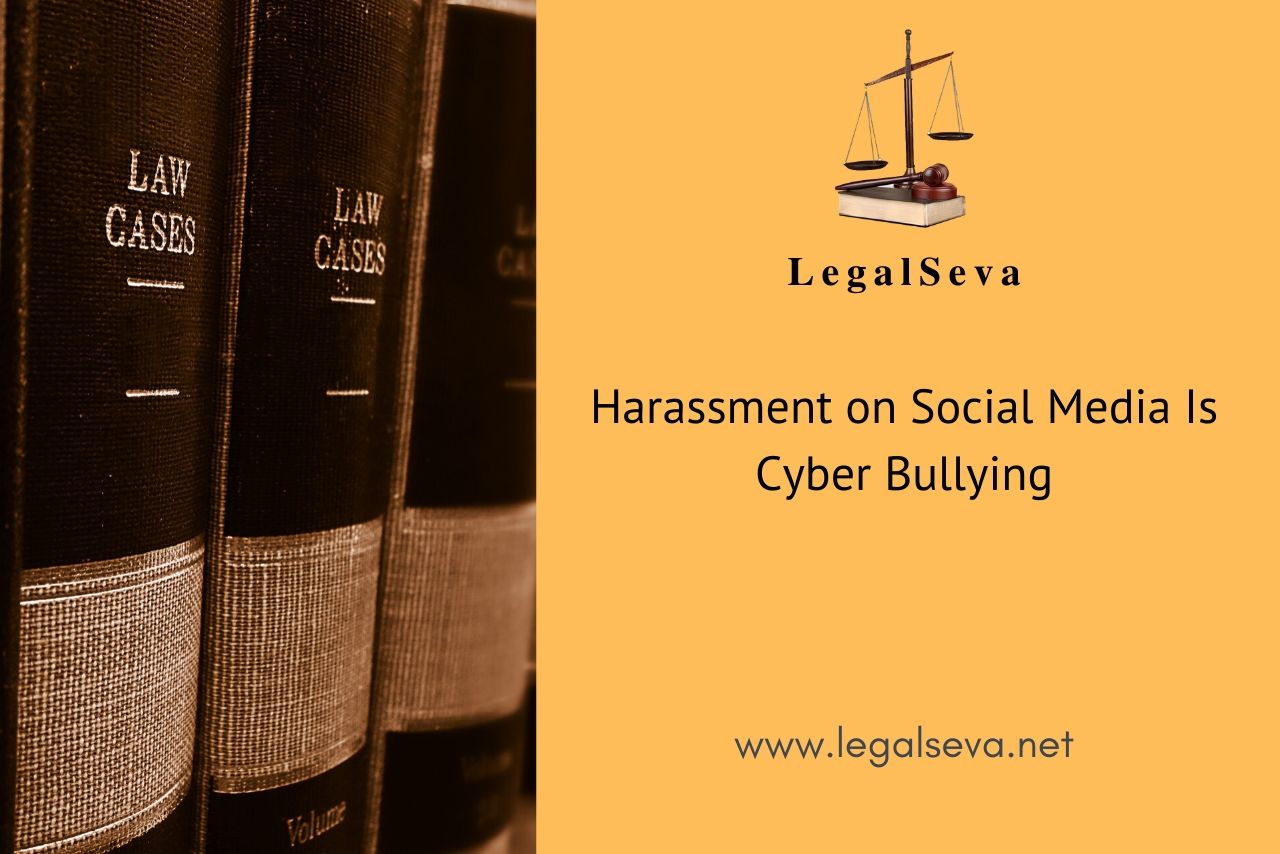Last Updated on June 15, 2024 by Satish Mishra
The Internet is a huge part of many people’s everyday lives. It’s fun, useful, and informative, but can also be dangerous, no matter how safe you feel while browsing. By getting into the habit of using good Internet safety practices, you can protect your information and your identity for years to come.
Every age group is vulnerable to cyberbullying, but teenagers and young adults are common victims. Cyberbullying is a growing problem in schools and has become an issue because the internet is fairly anonymous, which is appealing to bullies because their intimidation is difficult to trace. Unfortunately, rumours, threats and photos can be disseminated online very quickly.
Help protect kids against cyberbullying with these tips:
Limit where your children post personal information: Be careful who can access contact information or details about your children’s interests, habits or employment to reduce their exposure to bullies that they do not know. Limiting the information about them online may also limit their risk of becoming a victim and may make it easier to identify the bully if they are victimized.
Avoid escalating the situation: Responding with hostility is likely to provoke a bully. Depending on the circumstances, consider ignoring the issue. Often, bullies thrive on the reaction of their victims. If you or your child receives unwanted email messages, consider changing your email address. The problem may stop. If you continue to get messages at the new account, you may have a strong case for legal action.
Document cyberbullying: Keep a record of any online activity (e.g., emails, web pages, social media posts), including relevant dates and times. Keep both an electronic version and a printed copy of each document.
Report cyberbullying to the appropriate authorities: If you are experiencing cyberbullying yourself – or if your child is being bullied or threatened online, report the activity to the local authorities. Your local police department or FBI branch are good starting points. There is a distinction between free speech and punishable offenses. Law enforcement officials and prosecutors can help sort out legal implications. It may also be appropriate to report it to school officials who may have separate policies for dealing with activity that involves students.
Follow these STOP. THINK. CONNECT. tips to better protect yourself and your family online.
Own your online presence: When available, set the privacy and security settings on websites to your comfort level for information sharing. It’s OK to limit how and with whom you share information.
Safer for me, more secure for all: What you do online has the potential to affect everyone – at home, at work and around the world. Practicing good online habits benefits the global digital community.
Post only about others as you have them post about you. The Golden Rule applies online as well.
The internet can be a scary place. Threats come in many forms, lurking in practically any corner. Worse, yesterday’s prevailing advice for staying safe online — avoid dodgy websites, don’t traffic in stolen or illegal goods, interact only with people you know — no longer holds. Phishing emails from supposed family members, spyware piggybacking on legitimate apps, well-known sites hijacked with malicious code — digital safety clearly needs new rules to meet today’s evolving threats cape.
Also Read- HARASSED ONLINE. KNOW YOUR RIGHTS
Considering how much of our digital lives occurs online — communications, financial transactions, entertainment, work, education, to name a few — adopting even a few safe browsing practices can lead to broad benefits. And this includes how we deal with email messages as well, given how popular email is as a delivery mechanism for online attacks using exploit kits and malware.
For more info on the subject, please dial – 99888-17966 and say LegalSeva.
Once again thanks to our writer Sumitra Nair.
